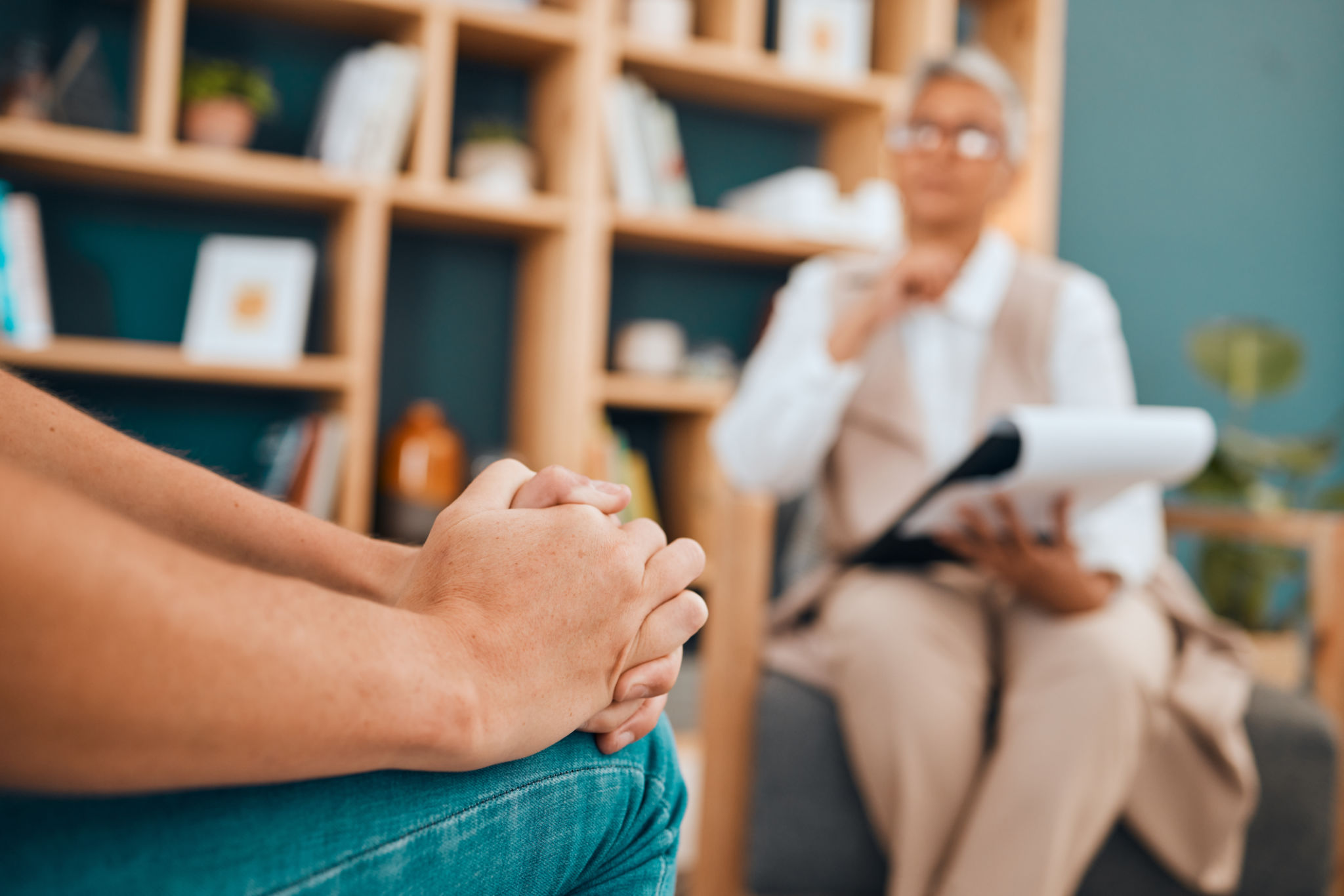How to Prepare for Your First Individual Therapy Session for Anxiety
Understanding the Importance of Therapy
Starting individual therapy for anxiety can be a transformative experience. It offers a safe space to explore your thoughts and feelings, identify the root causes of your anxiety, and develop effective coping strategies. Knowing what to expect and how to prepare can make your first session more productive and less intimidating.
Therapy is a collaborative process, so it's crucial to approach it with an open mind and a willingness to engage. Your therapist is there to guide you, but your participation is key to making progress. Here are some tips to help you prepare for this important step.

Setting Clear Goals
Before your first session, take some time to think about what you want to achieve in therapy. Are you looking to reduce anxiety symptoms, understand your triggers better, or learn new coping mechanisms? Setting clear goals can provide direction and help you and your therapist create a focused plan.
Write down any specific issues you want to address. This could include situations that trigger your anxiety, physical symptoms you experience, or any thoughts and behaviors that concern you. Having these written down can help ensure that nothing important gets overlooked during your session.
Preparing Mentally and Emotionally
Approaching therapy with the right mindset can make a big difference. Remember that it's normal to feel nervous or anxious about starting therapy. Try to view this as a positive step towards better mental health. Consider practicing relaxation techniques, such as deep breathing or meditation, to calm your nerves before the session.

It’s also essential to be honest with yourself about your feelings and experiences. Therapy is most effective when you can openly share your thoughts and emotions with your therapist. Trust that they are there to support you without judgment.
Practical Considerations
On a practical level, ensure you know the logistics of your therapy session. Confirm the location, time, and duration of the appointment. If it’s an online session, check that you have the necessary technology set up and tested beforehand to avoid technical issues.
- Prepare any necessary documents or forms that the therapist may require.
- Have a notebook or journal ready for jotting down any insights or questions during the session.
- Consider having a list of medications or supplements you are taking, as this might be relevant information for your therapist.
Building a Connection with Your Therapist
The relationship between you and your therapist is a crucial element of successful therapy. Be prepared to talk about yourself and your history during the first session. This helps your therapist understand your background and tailor their approach to suit your needs.

If you're unsure about something or have any questions, don’t hesitate to ask. A good therapist will encourage open communication and work with you to establish trust and understanding.
Post-Session Reflection
After your first therapy session, take some time to reflect on the experience. Consider what went well and what made you feel uncomfortable. This reflection can help you communicate more effectively in future sessions and adjust your goals as needed.
Remember that progress may take time, and it's okay if you don't have all the answers right away. Therapy is a journey, and each session is a step towards achieving better mental health and well-being.
